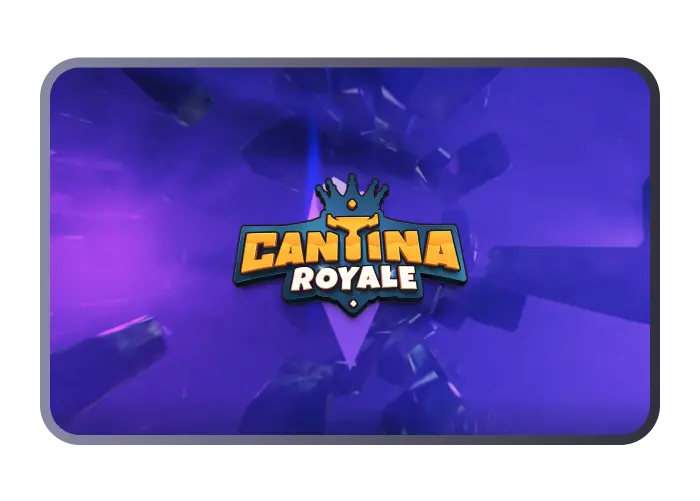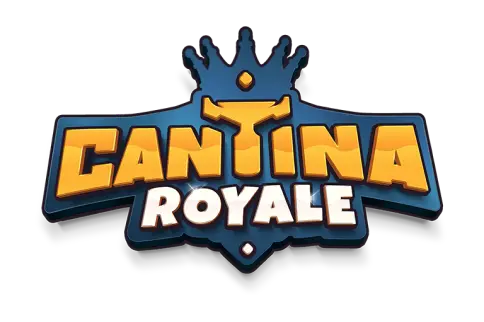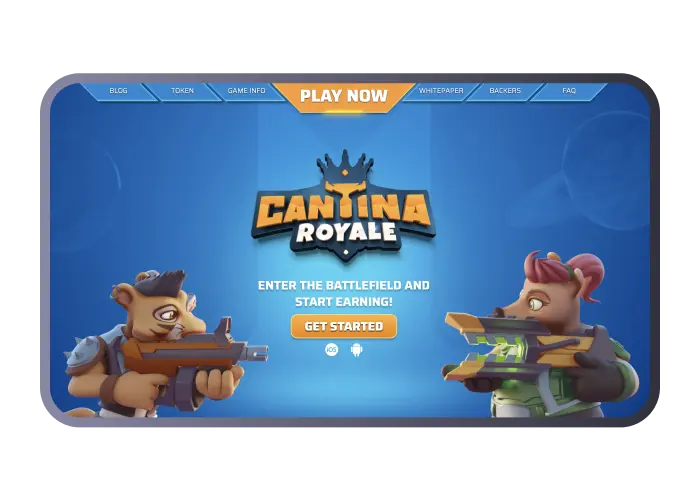Our involvement began through a recommendation. A client from our White Label ad exchange, impressed
by
our
rapid development, responsiveness, and support, reached out. Their company lacked the resources to
handle
Verko and Cantina Royale’s development independently. Recognizing our interest in new projects, they
introduced us to a business co-owner to discuss outsourcing the platform and game development to our
team.
At that time, the existing development team was small and using a traditional waterfall model, which
created
friction between the blockchain-focused business owners and the developers. The owners sought to
launch
the
product quickly, while the team spent over four months merely defining requirements, with little
progress in
execution. The requirements were in constant flux—each time a draft was completed, it needed
revisions a
month later.
This approach stalled progress. Instead of coding functionality and iterating based on feedback, they
were
bogged down with reworked plans. In modern software development, the waterfall model often proves
incompatible—particularly in dynamic sectors like blockchain, where agility is key.


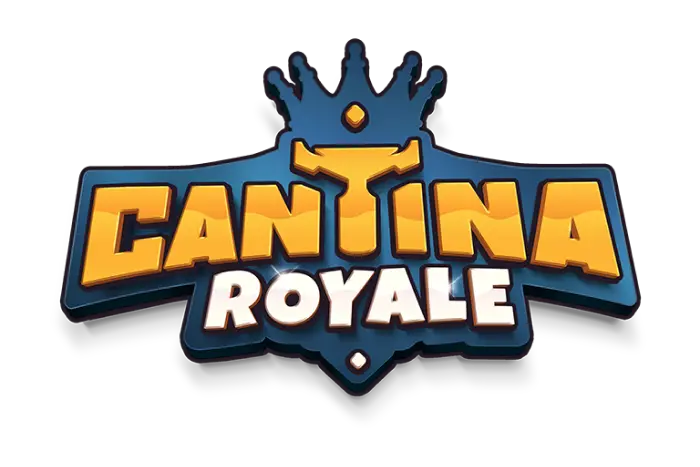
 2 weeks
2 weeks
 2 live prototypes
2 live prototypes
